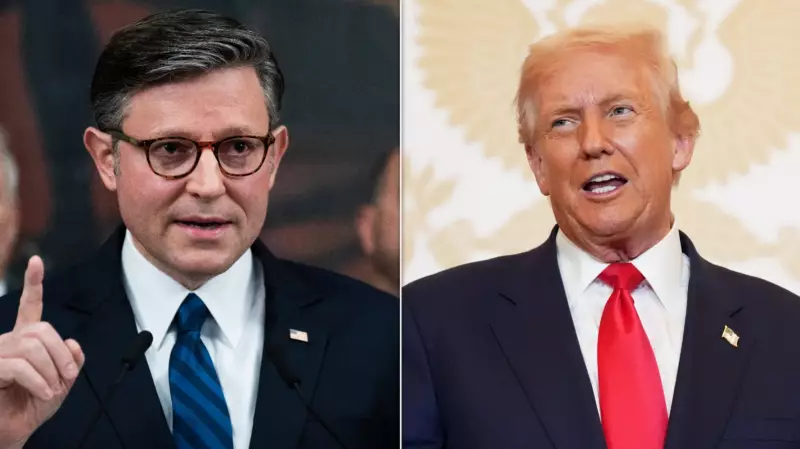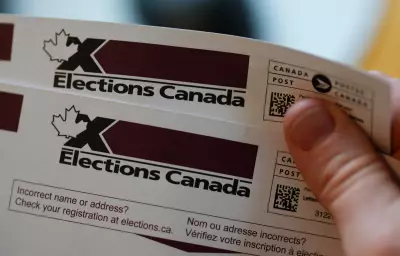
As the United States government teeters on the brink of another potential shutdown, a disturbing political strategy has emerged from Republican ranks that political analysts are calling "violent innocence." This calculated approach involves pushing for extreme policy changes while maintaining a facade of bewilderment about the inevitable consequences.
The Anatomy of Political Theater
At the heart of the current budget standoff lies the Supplemental Nutrition Assistance Program (SNAP), commonly known as food stamps. Republican legislators are demanding significant cuts to this vital food security program while simultaneously claiming they don't understand why these demands might trigger a government shutdown.
This political maneuver represents what experts describe as a deliberate strategy: advocate for radical changes, then act surprised when those changes create political gridlock. The technique allows politicians to pursue aggressive policy goals while avoiding accountability for the resulting governmental paralysis.
SNAP Program in the Crosshairs
The current confrontation centers on proposed reductions to food assistance programs that millions of American families rely on for basic nutrition. These potential cuts come at a time when food insecurity remains a pressing concern across the nation, particularly affecting vulnerable populations including children, seniors, and low-income workers.
What makes this political strategy particularly effective—and dangerous—is its dual nature. Legislators can appeal to their base with tough demands while maintaining plausible deniability about the shutdown threat those demands create.
Broader Implications for Governance
This pattern of "violent innocence" isn't confined to budget negotiations alone. Political observers note its increasing prevalence in various legislative battles, where extreme positions are adopted with feigned ignorance about their practical consequences.
The strategy raises serious questions about the future of bipartisan cooperation and effective governance. When political actors can simultaneously push for outcomes while disclaiming responsibility for those outcomes, the very foundations of democratic accountability become threatened.
As the shutdown deadline looms, Americans are left wondering whether this political theater will yield to practical governance, or whether the show of "violent innocence" will continue at the expense of governmental stability and essential services.





